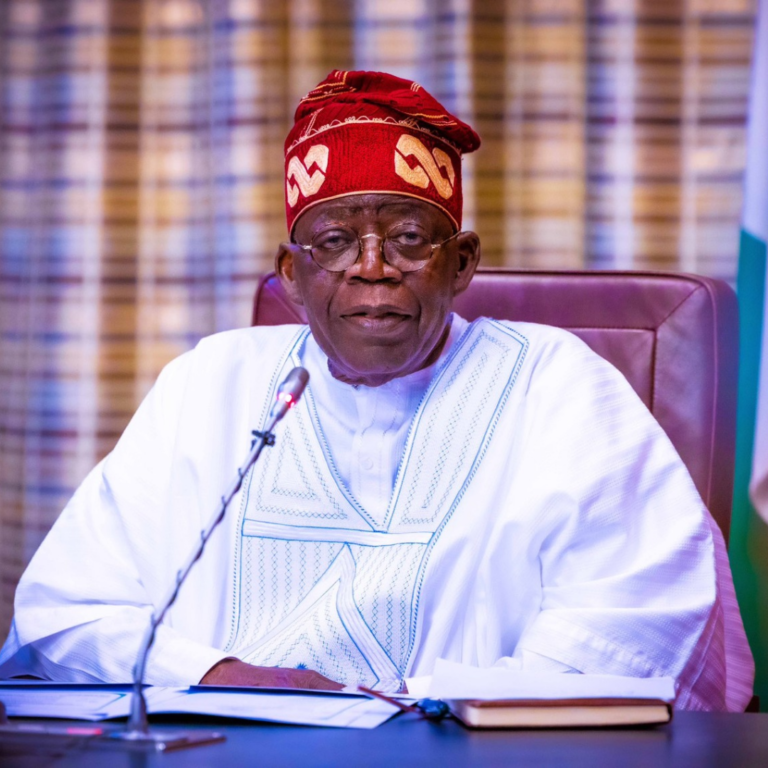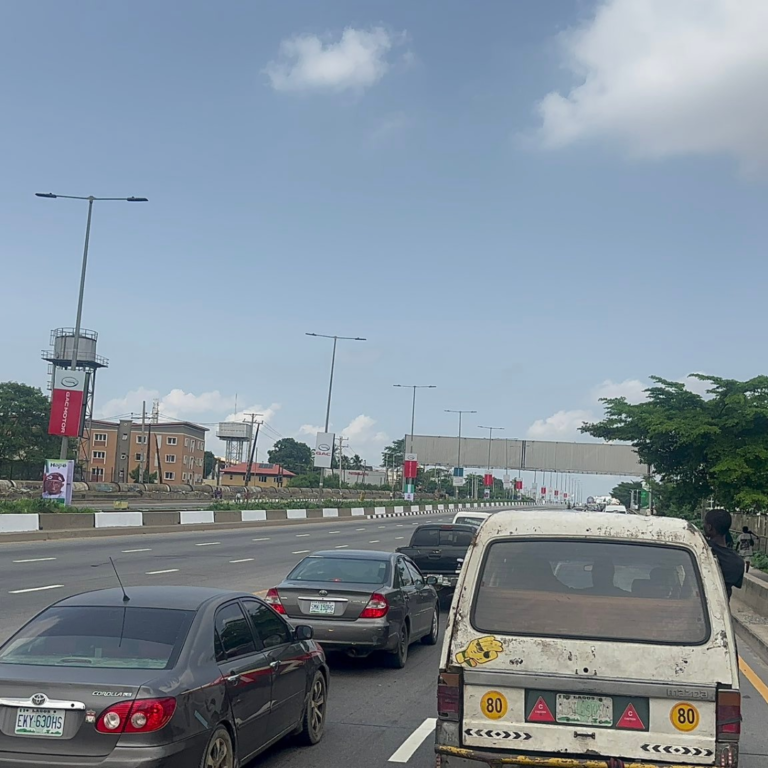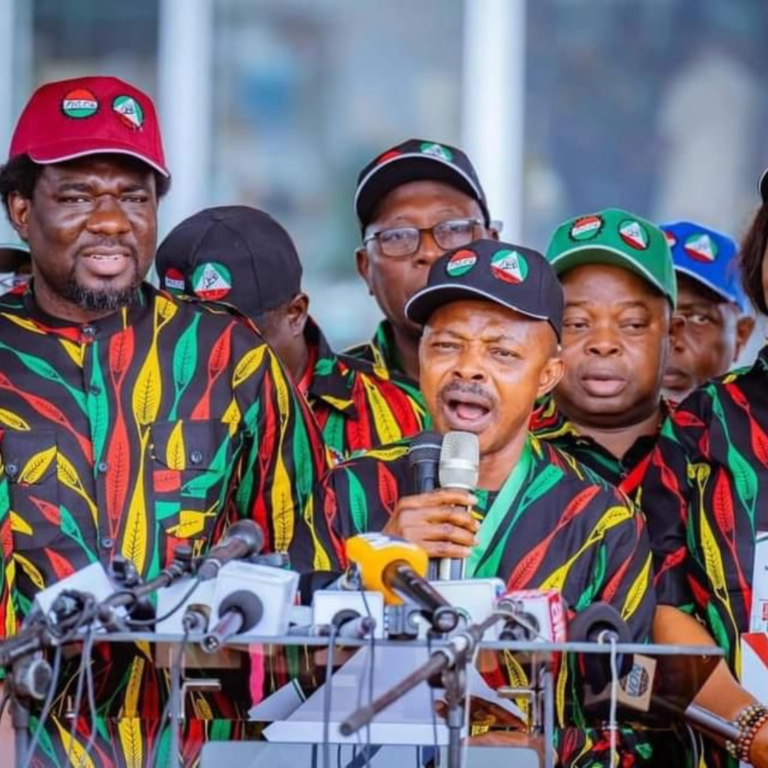The Nigerian police force (NPF) has become an integral part of every Nigerian’s life. You see them everyday — in the heat of car traffic, in their patrol cars and at checkpoints. While these uniformed officers represent the law and coordinate arrests of defaulters, not much is known about their administrative structure.
The NPF consists of departments that work together to discharge their duties. This structure is according to sections 214(2)(a) and 215(2) of the constitution which defines how police force authority is layered in ranks and the extent of their power. In these provisions, the NPF has been divided into three different structures:
- Command Authority Structure
- Administration Structure
- Organisation structure
While these three structures are all interconnected, this article primarily focuses on the “Administrative Structure” of the NPF and their duties.
The NPF’s Administrative Structure is made up of 7 Departments (A – G). Each department has a core focus to maintain, and while it might be different, they are all charged with the central duty of upholding Justice and keeping the country safe from all threats.
- A Department (Administration)
Here we have the top officials of the rank and file saddled with the core responsibility of supervision and coordination of the police in the discharge of their duties. Officers in this department handle everything from formulating policies, reforms, and procedures to carrying out disciplinary actions against juniors and senior officers in the force. This department also handles convening senior officer’s conferences and preparing annual reports and budgets.
- B Department (Operations)
We have the officers in charge of directly handling the security and safety of the lives and properties of the citizens throughout the country. They plan and organise security measures for the larger communities to prevent crime, oversee inter-agency operations, and handle all policy formation on traffic control, terrorism, insurrection, natural disasters, and many other issues that affect the general population.
- C Department (Logistics and Supply)
These officers handle the procurement and distribution of clothing and accoutrements such as vehicles, buildings, arms and ammunition, spare parts, and printing equipment. They maintain and distribute all necessary equipment related to the NPF.
- D Department (Investigation and Intelligence)
These officers handle all criminal investigations, liaison with Interpol, Forensic investigations, prosecution, and maintenance of all records on policing and enforcing the laws.
- E department (Training and Command)
This department is in charge of recruiting and training fresh cadets and other officers in the NPF. They maintain and supervise all police colleges and create policies to standardise the development of staff and equipment of the NPF in line with international standards.
- F Department (Research)
This department is charged with researching and developing new and existing policies to ensure the standards of the NPF are up to date. They also handle information and ethics management.
- G Department (ICT)
This department handles all the computer-related affairs of the NPF. They see to matters of cyber security and maintain all the sensitive registries and systems of the NPF such as the Biometric Central Motor Registry (BCMR), Automatic Fingerprint Identification System, and Tracking and Intercepting Device Unit.
These are all different systems and registries that are employed across departments within the NPF. They are experts in the ICT field and are essential to the discharge of the NPF Mandate.
These departments are the machines that make the police department work and show that beyond the roadside patrols and highway checks, the Nigerian police force does much more.




